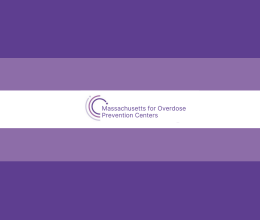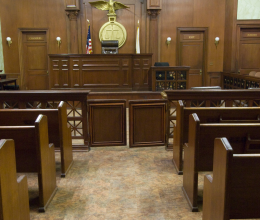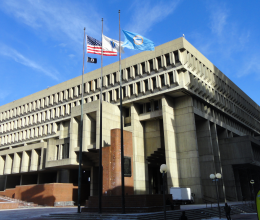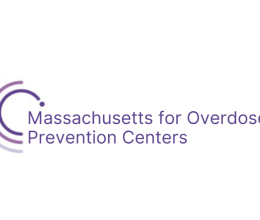
The ACLU of Massachusetts today joined ACLU state affiliates in a nationwide action urging public officials to immediately extend public health protections and protocols to people involved in the criminal legal system, focusing particularly on those in detention who are most vulnerable. All aspects of the system—from policing and pretrial through sentencing, confinement, and release—must be modified to combat this public health crisis, wrote the ACLU of Massachusetts a letter released today.
The ACLU calls on decision-makers to respond to recommendations put forth by public health experts, specifically calling for the immediate release from prisons and jails of communities identified by the Centers for Disease Control and Prevention (CDC) as vulnerable, as well as people currently in pretrial detention, in order to prevent a public health crisis.
“Public health experts recognize that there is a heightened risk of infection for people who are involved in the criminal system, and that downsizing the footprint of the criminal system should be a part of the COVID-19 public health response,” said Carol Rose, executive director of the ACLU of Massachusetts.
“It is essential to the well-being of everyone that our government response plan protects health, safety, and civil liberties, and limits where possible the number of people held in custody in order to protect the health and safety of all of us.”
In the letter, the ACLU of Massachusetts is calling on:
- Police to stop arresting people for minor offenses and in other circumstances issue citations or summonses in lieu of arrest so that people can return home, balancing the need for arrest with the overwhelming public safety concerns presented by coronavirus.
- Prosecutors to avoid cash bail requests and move for release in all but the very few cases where pretrial detention is absolutely the least restrictive means necessary to ensure a person’s return to court. They should also institute a review-and-release protocol in cases which bail was already sought and imposed.
- Courts to encourage reductions in the overall number of cases involving incarcerated or detained persons.
- Sheriffs to ensure that facilities are as empty, safe, and clean as possible and that hygiene products are free and readily available to incarcerated people and staff.
- Probation and Parole Agents and Parole Boards to expedite and expand release opportunities for incarcerated people, reducing the population in prisons as recommended by health experts.
- Governor Baker to grant commutations to anyone identified by the CDC as particularly vulnerable whose sentence would end in the next year, to anyone currently being held on a technical supervision violation, and to anyone identified by the CDC as particularly vulnerable whose sentence would end in the next two years.
Public health experts and groups such as Dr. Gregg Gonsalves, doctors working in New York City Hospitals, Dr. Marc Stern, Dr. Oluwadamilola T. Oladeru and Adam Beckman, Dr. Anne Spaulding, Homer Venters, and Josiah Rich have all clearly stated that preventing the harm inflicted by SARS-CoV-2 and COVID-19 can become immensely more difficult for people involved in the criminal legal system. By following the recommendations outlined in the ACLU’s letter, state and local officials can create a culture in which transparency, safety, and the health of all people is the paramount concern.
The new letter follows an ACLU of Massachusetts letter sent to federal immigration enforcement, advocating for urgent measures to align ICE’s practices with the public health need to mitigate the coronavirus pandemic.





